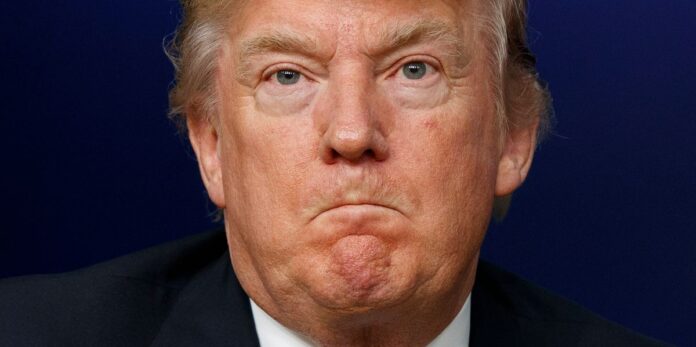Key Falsehoods or Claims:
– The article discusses the various falsehoods and conspiracy theories put forward by Donald Trump and his supporters, particularly in relation to his criminal conduct and possible impeachment. These include claims that Trump’s actions were not criminal, that the impeachment inquiry is a sham, and that the media and Democrats are engaged in a witch hunt against him.
Source Bias:
– The Bulwark is a website founded by Charlie Sykes and other conservative pundits, known for its critical stance against Trump and his supporters. While it may lean conservative, it provides thoughtful analysis and commentary on current events.
Analysis of Impact:
– The article delves into how these falsehoods and excuses have shaped public opinion, particularly within the MAGA movement. It highlights how these claims have contributed to a polarized political climate and undermined the credibility of the impeachment process. Polling data and public statements from Trump’s supporters are cited to illustrate the impact of these falsehoods on public perception.
Threat to Democracy:
– The article argues that the propagation of these falsehoods poses a threat to democracy by eroding trust in institutions and fostering a climate of misinformation and divisiveness. It suggests that the normalization of lies and conspiracy theories undermines the foundations of democratic governance.
Potential Reactions/Outcomes:
– The article does not explicitly outline hypothetical reactions or political outcomes, but it invites readers to consider the potential implications of widespread acceptance of these falsehoods on public discourse, political decision-making, and democratic norms.
Further Reading:
– For further reading on the topic of media influence and misinformation studies, reputable sources such as the Harvard Kennedy School’s Shorenstein Center on Media, Politics and Public Policy, and the Pew Research Center’s studies on media and politics could provide valuable insights into the impact of falsehoods and conspiracy theories on public opinion and democratic processes.
Source link
Redirect URL
